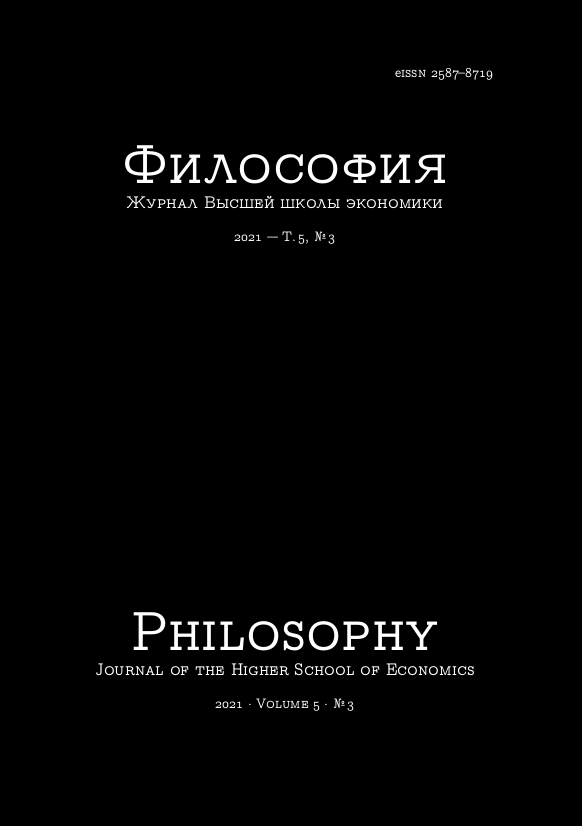Dostoevsky: 20th Century Dystopias and a Warning About the Present
Abstract
The E. Zamyatin, A. Platonov, O. Huxley, D. Orwell, R. Bradbury dystopias arouse increased interest in our time as a warning about the trends in the development of civilization. These dystopias have significant differences, but they are united by key ideas, which can be traced in the works of F.M. Dostoevsky. We are talking about Dostoevsky's criticism of the ideological roots and possible consequences of the implementation of the program of reorganizing society, focused exclusively on transforming the social environment of life. In this regard, the parable of the Grand Inquisitor in the novel The Brothers Karamazov, which appears as a concentration of the key ideas of the mentioned dystopias, is of particular interest. The main lesson of the paradigmatic dystopia of Dostoevsky's parable is the danger of compulsory good, the desire to realize it “from above”, the imperious will of transforming material conditions for universal security and satiety. This logic captures the painful nerve of modern rationalism in its striving to transform the world. Historical experience confirms Dostoevsky's warning that the implementation of such a program requires permanent violence against nature, society, and man. In this situation, not the goals are subject to moral assessment, but the means that are used to achieve the goals.
Downloads
Copyright (c) 2021 Philosophy. Journal of the Higher School of Economics

This work is licensed under a Creative Commons Attribution-NonCommercial 4.0 International License.






